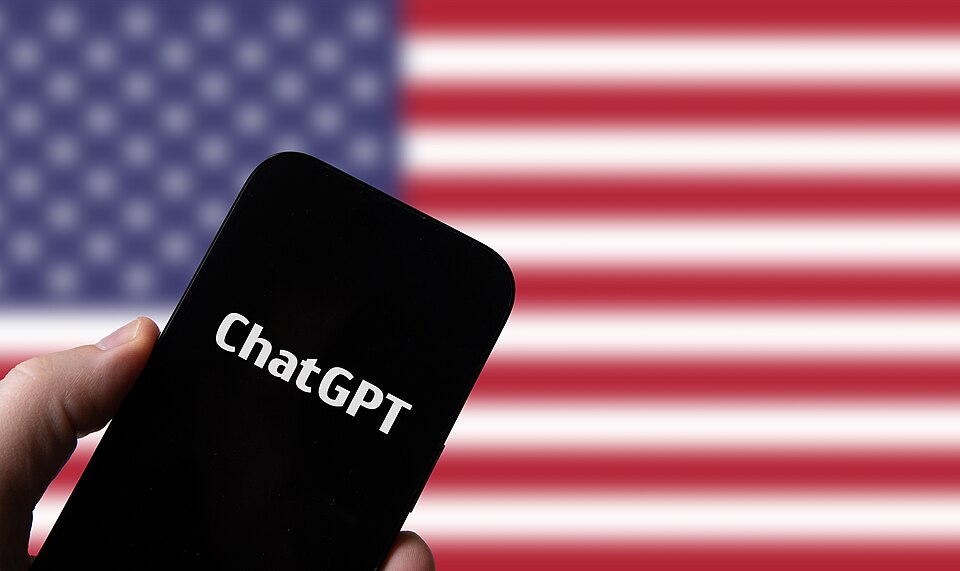What started out as the making of a harmless and convenient tool, the famous AI chatbot ChatGPT has just been closely questioned by researchers at MIT whether or not the use of it to write essays is diminishing valuable brain activity.
ChatGPT is an artificial intelligence system founded by the company OpenAI in November of 2022. It was designed to complete tasks, answer questions, and respond in a tone that closely resembles natural human conversation. While OpenAI originally launched ChatGPT with intentional limitations, the company has continued to consistently refine and update its features, providing more accurate and personalized responses. It now reaches users worldwide.
But as ChatGPT grows more popular and more advanced, concerns are growing among educators. Many are questioning the long-term effects of relying on AI tools for writing and critical thinking tasks, especially when students use it to do their thinking for them. Is ChatGPT just a shortcut to boost productivity, or is it inadvertently making people mentally lazier?
In June of 2025, researchers at MIT performed a study that strived to explore this question. They evaluated the cognitive effort in basic essay writing by analyzing how much mental energy participants used when completing tasks with and without AI assistance. The study involved 54 participants who were asked to write short essays on academic topics, some with the help of ChatGPT and others without it.
MIT’s findings suggested that students who used ChatGTP showed reduced brain activity in areas that are associated with problem-solving and language processing. In contrast, those who wrote independently displayed higher levels of cognitive engagement. Basically, when participants relied on ChatGPT to do most of the work, their brains took a time out. The researchers warned that if students get too dependent on AI, it could eventually weaken their ability to think critically and solve problems on their own.
Despite the concerns, some students argue that ChatGPT can be used responsibly. “Kids can use it to find and unlock new words in their vocabulary,” said Sophia, a freshman here at Pitman. “ChatGPT helps me locate synonyms and pulls my specific research faster than Google can. And it does it all in a human-like way.”
Meanwhile, educators are trying to keep up. Some are changing up how they give out writing assignments, or using plagiarism tools to check if AI was involved. However, one thing remains clear: ChatGPT isn’t going away anytime soon. But how we use it here at school may determine whether it becomes a stepping stone or barrier for smarter thinking.
